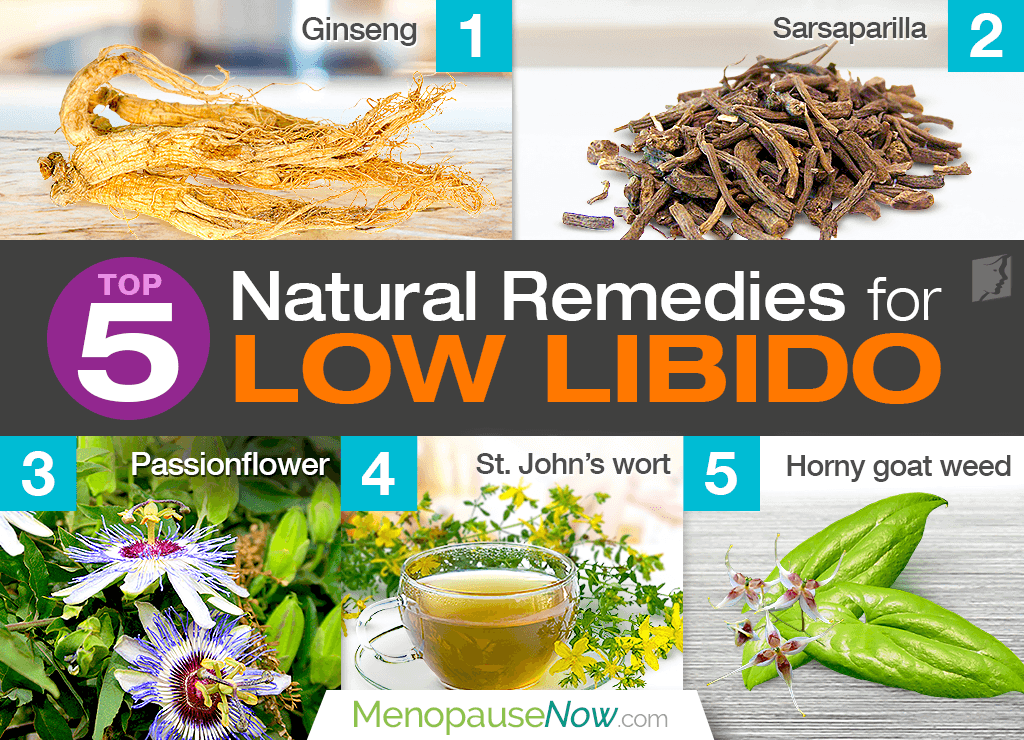As women age and enter menopause, hormonal changes can often lead to a decline in sexual desire, resulting in a decreased sex drive. However, with the right approach, the joy and passion can be reignited in the bedroom. In this blog post, we will explore various techniques to help increase sex drive during menopause, promoting a fulfilling and satisfying sexual experience.

Natural Remedies to Boost Libido:
1. Herbal Supplements: Consider incorporating natural supplements like maca root or tribulus terrestris, known for their potential to enhance libido and improve sexual function. Ensure you consult with a healthcare professional before starting any new supplements.
2. Essential Oils: Certain essential oils such as jasmine, ylang-ylang, and clary sage are believed to stimulate sensuality and increase arousal. Dilute them properly with a carrier oil and use them as massage oils or in a diffuser to create a romantic ambiance.
Lifestyle Changes for Enhanced Sexual Wellness:
1. Regular Exercise: Engage in physical activities that boost blood circulation, relieve stress, and increase energy levels. Exercise releases endorphins, promoting a positive mood and contributing to a heightened sex drive.
2. Nutrition: Maintain a well-balanced diet rich in fruits, vegetables, whole grains, and lean proteins. Include foods like watermelon, avocados, and almonds that are naturally packed with nutrients associated with increased arousal and improved sexual function.
3. Manage Stress: High levels of stress can negatively affect libido. Explore stress-management techniques such as meditation, yoga, deep breathing exercises, and engaging in activities you enjoy to alleviate stress and create a more relaxed mental state.
Open Communication and Emotional Bonding:
1. Talk Openly: Menopause can introduce changes in sexual desire, leading to potential relationship issues. Open and honest communication with your partner about your needs, concerns, and desires can foster intimacy and strengthen the emotional bond between you.
2. Explore New Experiences: Be willing to explore new ways to pleasure each other, such as discovering new erogenous zones or trying different positions that are more comfortable and stimulating during menopause.
3. Seek Professional Help: If you still struggle to regain your sex drive or face persistent challenges, consider seeking guidance from a healthcare professional who specializes in sexual health. They can provide personalized advice and recommend treatments tailored to your unique situation.
Remember, menopause does not mean the end of a fulfilling and enjoyable sex life. By implementing these strategies, you can increase your sex drive, reignite the passion, and embark on a journey towards a satisfying and intimate sexual experience during menopause.
Related FAQs about how to increase sex drive during menopause
Can menopause cause a decrease in sex drive?
Yes, hormonal changes during menopause can often lead to a decline in sexual desire, resulting in a decreased sex drive.
What natural remedies can help increase sex drive during menopause?
Some natural remedies that may help boost libido during menopause include herbal supplements like maca root or tribulus terrestris, as well as using certain essential oils such as jasmine, ylang-ylang, and clary sage.
How can lifestyle changes affect sexual wellness during menopause?
Lifestyle changes can have a significant impact on sexual wellness during menopause. Regular exercise, a nutritious diet, and stress management techniques like meditation and yoga can help improve libido and overall sexual function.
Why is open communication important when addressing sexual issues during menopause?
Open communication is crucial because menopause can introduce changes in sexual desire, potentially leading to relationship issues. By openly discussing needs, concerns, and desires with your partner, you can foster intimacy and strengthen your emotional bond.
When should I consider seeking professional help for low sex drive during menopause?
If you struggle to regain your sex drive or face persistent challenges, it may be beneficial to seek guidance from a healthcare professional who specializes in sexual health. They can provide personalized advice and recommend treatments tailored to your unique situation.
Glossary about how to increase sex drive during menopause
1. Menopause: Menopause is the biological process that marks the end of a woman's reproductive years. It is usually diagnosed after 12 consecutive months without menstruation.
2. Libido: Libido refers to a person's overall sexual drive or desire for sexual activity.
3. Maca root: Maca root, also known as Peruvian ginseng, is a plant native to the Andes Mountains that has been used as a natural remedy for various health conditions, including promoting sexual desire and improving fertility.
4. Tribulus terrestris: Tribulus terrestris is a plant commonly used in traditional medicine to enhance libido, improve sexual function, and increase muscle mass.
5. Endorphins: Endorphins are hormones released by the brain that act as natural painkillers and mood elevators. They are known to promote a positive mood and feelings of pleasure.
6. Erogenous Zones: Erogenous zones refer to areas on the body that are highly sensitive to sexual stimulation, and when stimulated, can contribute to sexual arousal and pleasure.
7. Stress Management: Stress management involves strategies and techniques used to cope with and reduce stress levels. This can include practices such as meditation, yoga, deep breathing exercises, and engaging in activities that promote relaxation.
8. Intimacy: Intimacy refers to a close and emotional connection between individuals, often associated with feelings of love, trust, and vulnerability. It plays a vital role in maintaining healthy relationships, including sexual relationships.
9. Erogenous Zones: Erogenous zones refer to areas on the body that are highly sensitive to sexual stimulation, and when stimulated, can contribute to sexual arousal and pleasure.
10. Healthcare Professional: A healthcare professional is an individual who is trained and qualified to provide medical care, advice, and assistance to patients. They can include doctors, nurses, therapists, and other licensed professionals in the healthcare field.
